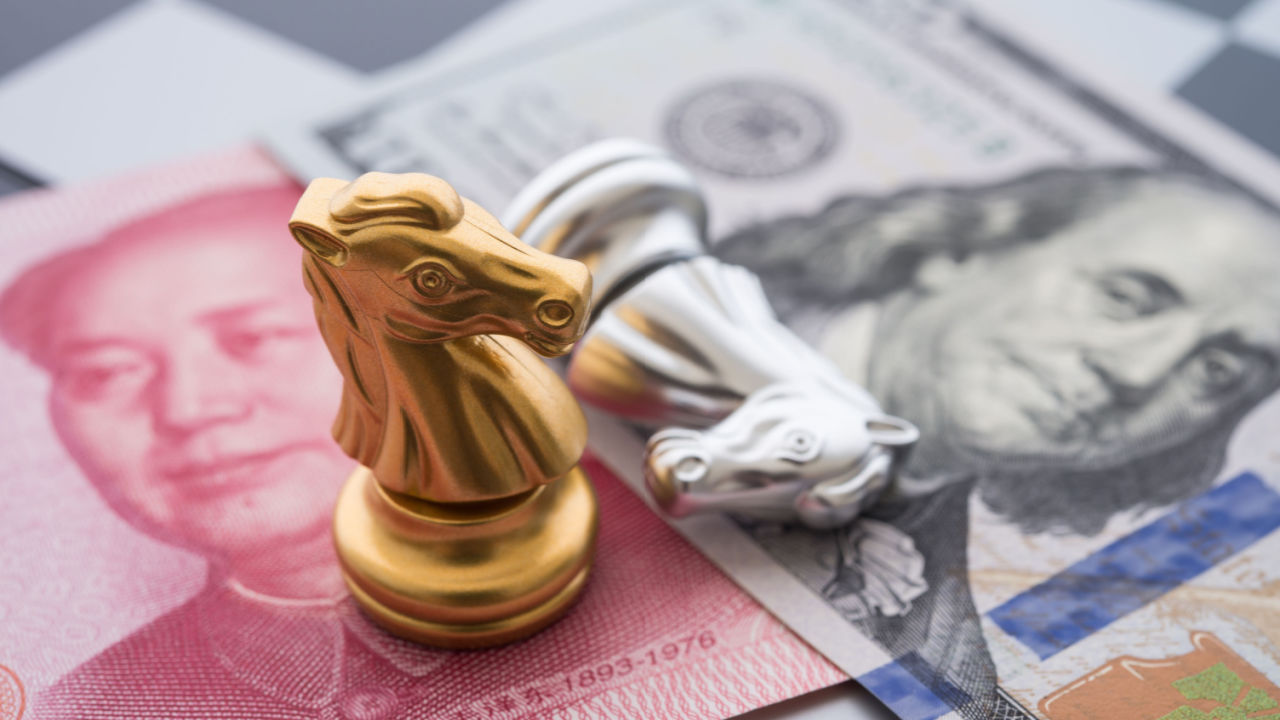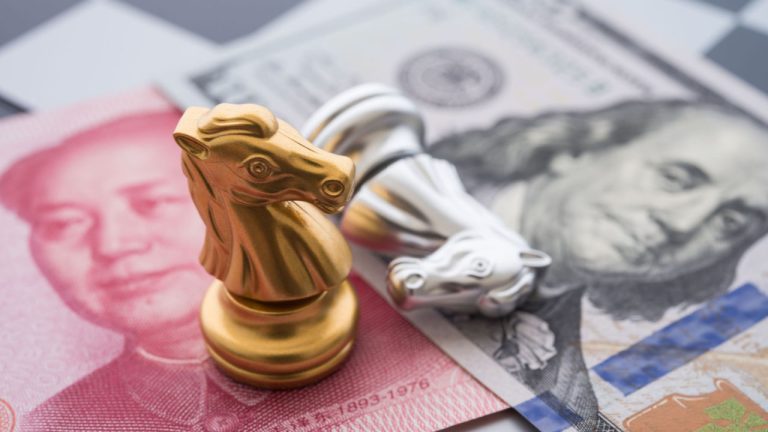China Makes Advances in Ditching the US Dollar for Settlements — Inks Deal With Brazil and Completes First Yuan LNG Purchase
China has been advancing its goal of positioning the yuan as an alternative to the U.S. dollar for settling international payments. The Chinese government recently struck a bilateral deal with Brazil to settle trades using their national currencies and completed a purchase of Liquefied Natural Gas (LNG) with a French company using yuan as payment. […]


China has been advancing its goal of positioning the yuan as an alternative to the U.S. dollar for settling international payments. The Chinese government recently struck a bilateral deal with Brazil to settle trades using their national currencies and completed a purchase of Liquefied Natural Gas (LNG) with a French company using yuan as payment.
China Advances De-Dollarization Efforts With Brazil and France
China is positioning its fiat currency, the yuan, as a U.S. dollar alternative for international settlements. The Chinese government recently achieved two milestones in this sense, inking a bilateral deal with Brazil that will allow the two countries to settle payments with their national currencies, and completing the first LNG (Liquefied Natural Gas) import trade settled in yuan.
The Brazil-China deal allows the two countries to exchange goods using the Chinese yuan and the Brazilian real. The expectation is that this deal will ease the transactions between the two countries, reducing costs and promoting even greater bilateral trade, and facilitating investment, according to the Brazilian Trade and Investment Promotion Agency.
China and Brazil’s bilateral trade numbers reached the $150 billion mark in 2022, with China being Brazil’s biggest partner.
In the case of the LNG import, the negotiation was managed between the China National Offshore Oil Corporation (CNOOC) and France’s Totalenergie, involving the purchase of 65,000 tons of the commodity. The transaction was made on the Shanghai Petroleum and Natural Gas Exchange, which served to sell the LNG of Arabian origin.
The Chinese oil company commented it is committed to innovation when it comes to pricing and settlements. CNOOC deputy general manager Yu Jin stated:
The promotion of international resource procurement based on yuan settlement can promote the globalization of energy trading and build a more diversified ecology.
Chinese CBDC Said to Be Key for Yuan’s Usage Growth
While the Chinese government has recently made significant advancements in promoting the yuan as a dollar replacement for some settlements, with Russia committing to make use of the currency to settle payments with emerging economies and other countries, analysts believe its full adoption requires the implementation of a new series of policies.
Professor Ju Jiandong, an expert in U.S.-China trade conflicts, proposed a progressive tax on cross-border capital flows to guard the country against external risks. On this, Jiandong explained:
Such a policy design would be like installing a firewall and thus solving the dilemma of capital account liberalisation and yuan convertibility.
While the Chinese yuan usage for global payments is still relatively low, with only 2.19% of total global payments settled in the currency, Jiandong believes that the introduction of the digital yuan central bank digital currency (CBDC) could give it an edge compared to other currencies. He stated:
If China can innovate the entire system through digital currency and establish a digital international currency system, it may have the opportunity to strengthen the yuan’s overseas use.
What do you think about the advancement of the yuan as an international settlement currency?







